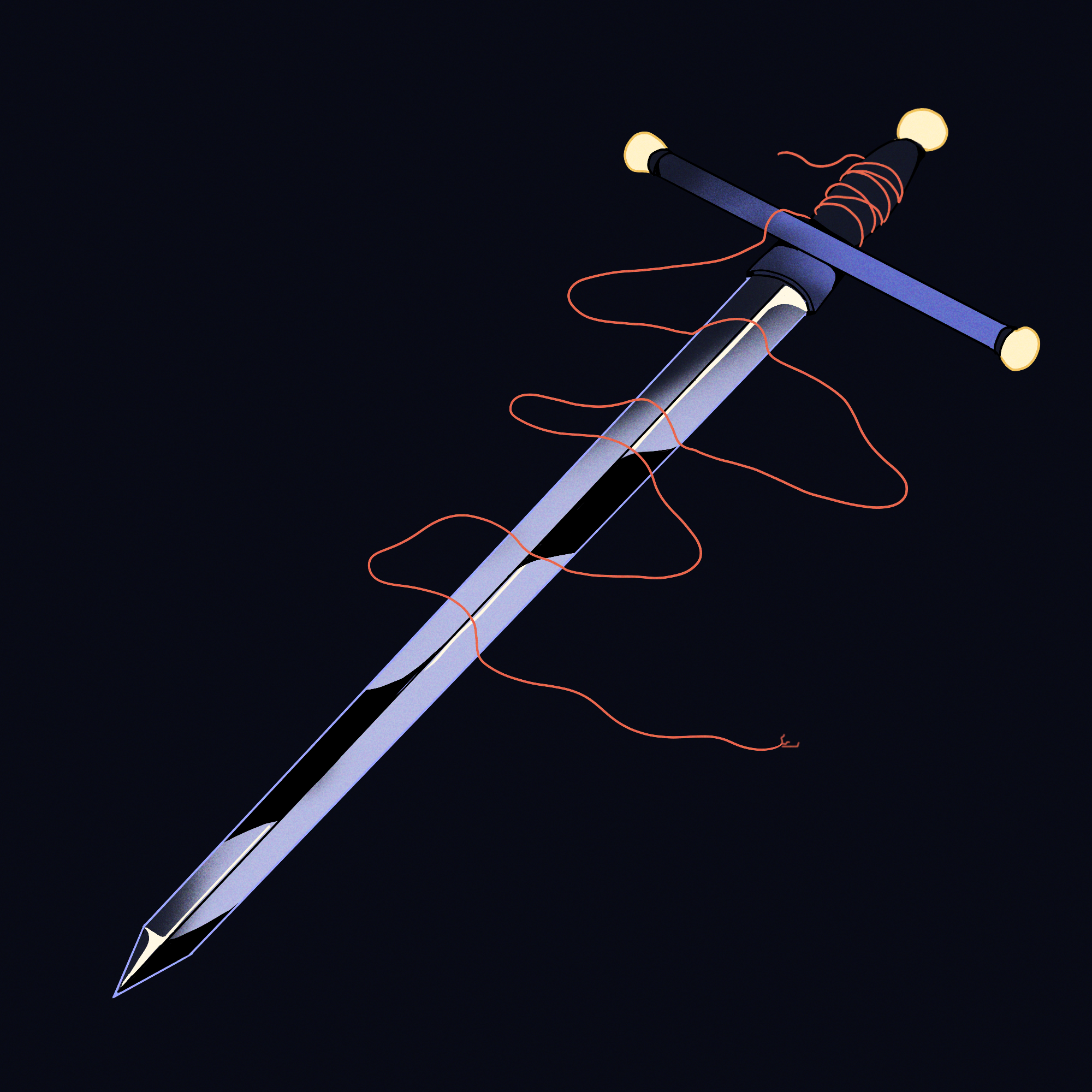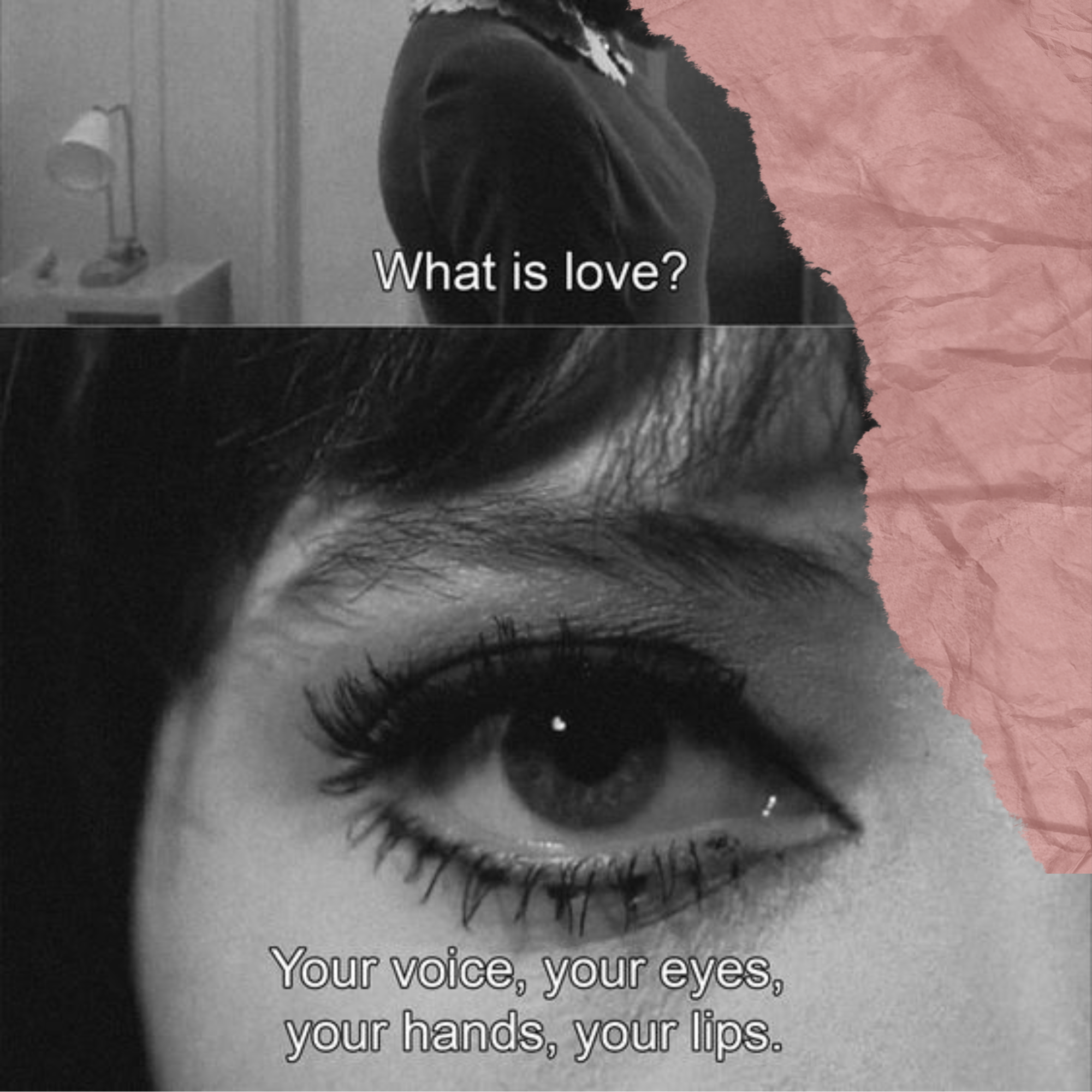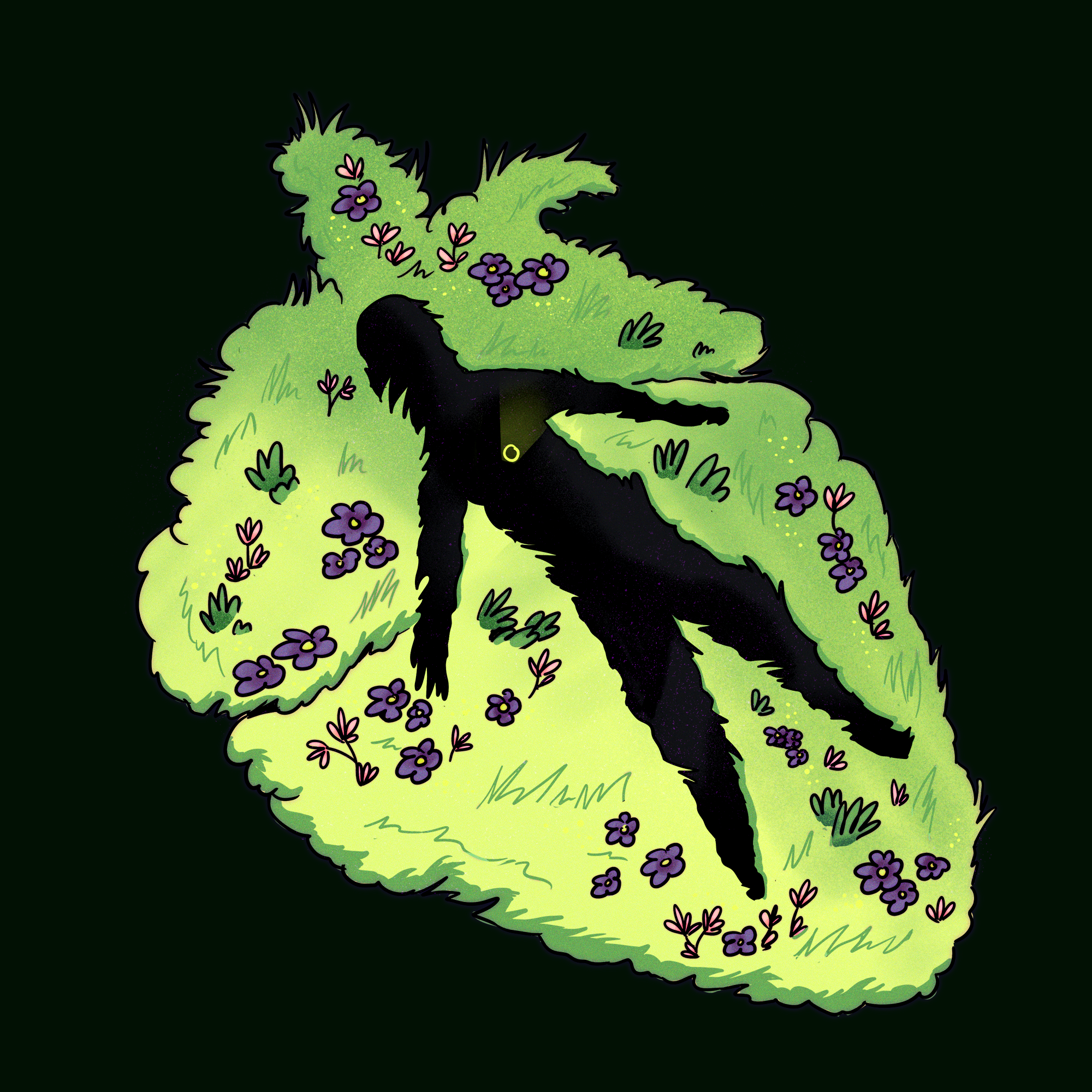- Studio Dirt
- Posts
- Heroines
Heroines
A conversation with Kate Zambreno.

This is part two of a two-part conversation between Daisy Alioto and Kate Zambreno. To read part one, click here.
This week, Semiotext(e) is reissuing Kate Zambreno’s 2012 book Heroines. After over a decade, there were no copies of the first print edition left. “I expected maybe one hundred people to read my books,” Zambreno told The New Yorker. But her audience is much larger.
Heroines is a hybrid work of personal essay and criticism, looking at the female partners of famous modernist writers, like Zelda Fitzgerald and Jane Bowles, and their lost creative outputs. It has a wonderful new introduction by Jamie Hood.
As The New Yorker notes, Heroines was controversial, lighting up a then-robust book blogosphere of which Zambreno was an active participant. “She was accused of injecting too much ego into her novel,” writes Katy Waldman. (The same ego that a contemporary like Ben Lerner has been celebrated for brute forcing into the reader’s consciousness.)
Now, Zambreno has published nearly a dozen more books with publishers large and small. As the largest publishing houses flounder, it feels like another moment like 2012—everything interesting is happening in the blogs, in the margins.
“I don't want to be published anywhere where their main Instagram is a tea with a cookie with the book next to it,” Zambreno tells me, “I can't publish in corporate spaces anymore.”
We caught up to talk about the book’s original reception, the so-called “millennial novel,” and literature of female subjectivity.

Daisy Alioto: I was surprised to learn that Heroines got so much criticism when it was published.
Kate Zambreno: Oh my god. So much criticism. Most of those reviews were by women. I wasn't used to giving talks or talking about my ideas or thinking about myself within this cutthroat, brilliant, Ivy League-educated world of people. Right? It was like, oh, they all think they're smarter than me. And maybe they were in a way. Or more trained in criticism and debate. But still, I had and have my own intensity and ways of thinking and writing that are outside of academia. Much like the tradition in which I was writing and publishing (the writers published on Semiotext(e), my editor Chris Kraus), I was writing an intense, visceral, criticism that was also about emotional truth, deep feeling, intensities.
There were also takedowns of the takedowns. But after the criticism I went into my cocoon and despaired of ever writing or publishing again, for some time. A lot of my novel Drifts comes from that space. And there are some cringy parts: I wasn't as well versed 12 years ago on language and gender in ways that are more important to me now.
There were also takedowns of the takedowns.
I was resistant to the connection with Girls (HBO), which was around the same era (especially since it keeps coming up, including in The New Yorker profile), but I see it a little more now. Perhaps my work of that time (Green Girl and Heroines) was about acknowledging abjection and cringe. I now see that Heroines was wild and intense and contradictory, so passionate and horny and voracious. I see the power of it now.
DA: They panned you because you weren't their friend. You know what I mean?
KZ: I was not their friend. And I'm still not their friend. When you're in New York long enough, you see how insular and nepotistic everything is. I'm not an outsider anymore at all. I know a lot of people who work in media and publishing, the writers who know everyone in media and publishing, they went to the same Ivy League schools, but yeah, no I wasn't their friend, they were like who the fuck is this lower-middle-class Midwestern nothing that Chris Kraus is publishing, and they were really, really angry.
Sheila Heti wrote about Heroines for the London Review of Books, and we were friendly then. She loved the book, but then she also kind of hated it. A lot of the reviews were like, "This book makes me feel involved somehow and, yikes, all the menstrual blood in it." Am I selling the book for you? All the menstrual blood in it, all of the screeching in it.
Sheila Heti wrote, “Zambreno doesn’t write with the measured voice of someone who can count on being listened to, but with the wail of someone confined to a shed.” Heroines was a real manifesto, one of rage and despair. But also humor. People often miss the wit in it.
DA: People have a resentment towards people who have been able to ascend in media and publishing without being a star fucker or kissing ass.
KZ: Or having the right credentials.
I think there is this idea that if you went to Spence or this boarding school and then you go to Yale or Columbia where I'm an adjunct, and I've been an adjunct for a long time, you expect to have the best. But the thing is to be a writer, you have to actually have an interesting voice.
But the thing is to be a writer, you have to actually have an interesting voice.
Ambition is one thing, but to have a vision, to be original, to be your true self, and not to just mimic other people, that’s a whole other thing. But I think some of the most interesting writers now are critics. I don't think there should be a division between critics and literature. Critics are not my enemy. I sometimes am a critic.

GONE VIRAL
|
|
|
|
|
|





